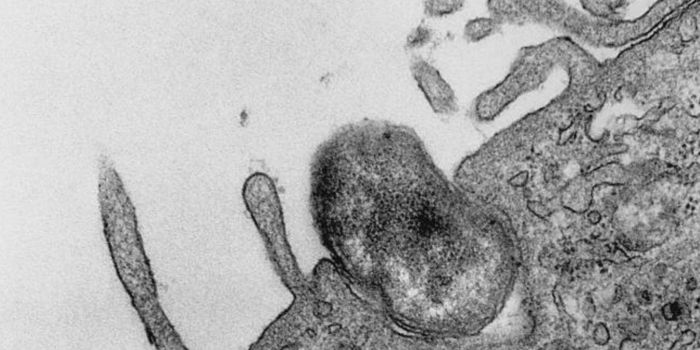A Diet that Shifts Colon Cancer Bacteria in Your Favor
The importance of the microbiome has only being fully realized and appreciated in the recent years. And nowhere does the microbiome play a more important role than in the gut, influencing a variety of cancers, including colorectal or colon cancer. Now scientists have identified a specific bacteria that mediates this cancer risk, and a diet that may hold off this bacteria.
The microbiome is a specialized collection of bacteria residing in specialized niches of the body. Mostly famous for their existence in the human gut, these communities of microorganisms have been known to influence processes like digestion and immune responses. The gut microbiota, in particular, has been linked to inflammatory bowel diseases such as Crohn’s disease and ulcerative colitis. In turn, these diseases increase the risk for colon cancer.
The bacteria Fusobacterium nucleatum has shown evidence of influencing colon cancer by suppressing the body’s immune system. Interestingly, what we eat may affect the growth of this bacteria. Given this, researchers at the Dana-Farber Cancer Institute of the Harvard T.H. Chan School of Public Health in Boston, Massachusetts, asked whether a diet can reduce the bacteria and, thereby, reduce colon cancer risks.
The team, led by Shuji Ogino, focused on what they termed a “prudent diet” versus a “Western diet.” A prudent diet is defined as “rich in whole grains and dietary fiber,” whereas a Western diet is “rich in red and processed meat, refined grains, and desserts.”
"One study showed that F. nucleatum in the stool increased markedly after participants switched from a prudent to a Western-style, low-fiber diet," said Ogino. "We theorized that the link between a prudent diet and reduced colorectal cancer risk would be more evident for tumors enriched with F. nucleatum for those without it."
They tested their hypothesis on over 137,000 people in a prospective cohort study. After 26 to 32 years of follow-up, the eam identified 1,019 cases of colon cancer. Samples of these tissues were analyzed for the association of either diets to the presence of F. nucleatum.
The team found that people with prudent diets had a lower risk of F. nucleatum-positive cancers, as compared to those who had a Western diet. Importantly, the prudent diet did not affect the risk of F. nucleatum-negative cancers. These results show that what we eat directly mediates the presence of at least one type of bacteria associated with colon cancer; however, other risk factors still remain to be discovered.
"Though our research dealt with only one type of bacteria, it points to a much broader phenomenon - that intestinal bacteria can act in concert with diet to reduce or increase the risk of certain types of colorectal cancer,” said Ogino.
Additional source: MNT









